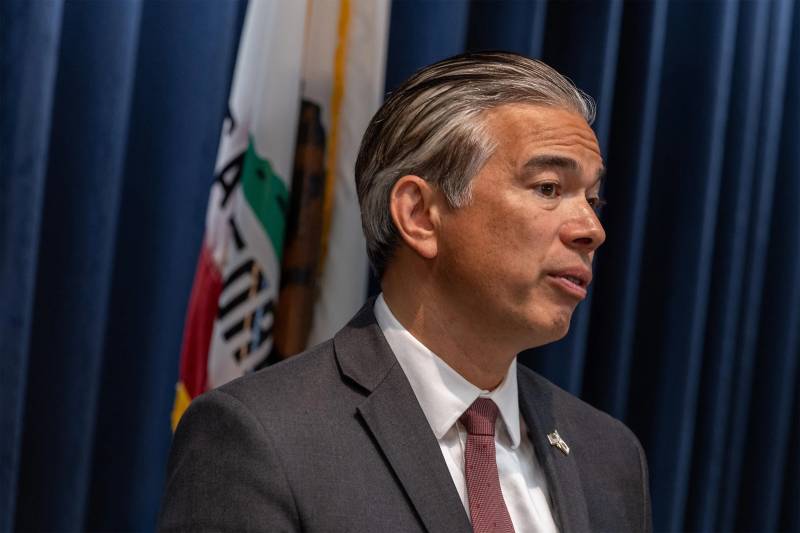That can be good for future retirees and sometimes for mismanaged companies that need a capital infusion and a new direction. But critics say the profit-first approach isn’t good for health care. Private equity deals in the sector are coming under increased scrutiny around the country amid mounting evidence that they often lead to higher prices, lower-quality care, and reduced access to core health services.
Opponents of the bill, led by the state’s hospital association, the California Chamber of Commerce, and a national private equity advocacy group, say it would discourage much-needed investment. The hospital industry has already persuaded lawmakers to exempt sales of for-profit hospitals from the proposed law.
“We preferred not to make that amendment,” Bonta said in an interview. “But we still have a strong bill that provides very important protections.”
The legislation would still apply to a broad swath of medical businesses, including clinics, physician groups, nursing homes, testing labs, and outpatient facilities, among others. Nonprofit hospital deals are already subject to the attorney general’s review.
A final vote on the bill could come this month if a state Senate committee moves it forward.
Nationally, private equity investors have spent $1 trillion on health care acquisitions in the past decade, according to a report by The Commonwealth Fund. Physician practices have been especially attractive to them, with transactions growing sixfold (PDF) in a decade and often leading to significant price increases. Other types of outpatient services, as well as clinics, have also been targets.
In California, the value of private equity health care deals grew more than twentyfold (PDF) from 2005 to 2021, from less than $1 billion to $20 billion, according to the California Health Care Foundation. Private equity firms are tracking the pending legislation closely but so far haven’t slowed investment in California, according to a new report (PDF) from the research firm PitchBook.
Multiple studies, as well as a series of reports by KFF Health News, have documented some of the difficulties created by private equity in health care.
Research published last December in the Journal of the American Medical Association showed a larger likelihood of adverse events such as patient infections and falls at private equity hospitals compared with others. Analysts say more research is needed on how patient care is being affected but that the impact on cost is clear.
“We can be almost certain that after a private equity acquisition, we’re going to be paying more for the same thing or for something that’s gotten worse,” said Kristof Stremikis, the director of Market Analysis and Insight at the California Health Care Foundation.
Most private equity deals in health care are below the $119.5 million threshold that triggers a requirement to notify federal regulators, so they often slide under the government radar. The Federal Trade Commission is stepping up scrutiny, and last year, it sued a private equity-backed anesthesia group for anti-competitive practices in Texas.
Lawmakers in several other states, including Connecticut, Minnesota, and Massachusetts, have proposed legislation that would subject private equity deals to greater transparency.
Not all private equity firms are bad operators, said Assemblymember Jim Wood, a Democrat from Healdsburg, but the review is essential: “If you are a good entity, you shouldn’t fear this.”
The bill would require the attorney general to examine proposed transactions to determine their impact on the quality and accessibility of care, as well as on regional competition and prices.
Critics note that private equity deals are often financed with debt that is then owed by the acquired company. In many cases, private equity groups sell off real estate to generate immediate returns for investors, and the new owners of the property then charge the acquired company rent.
